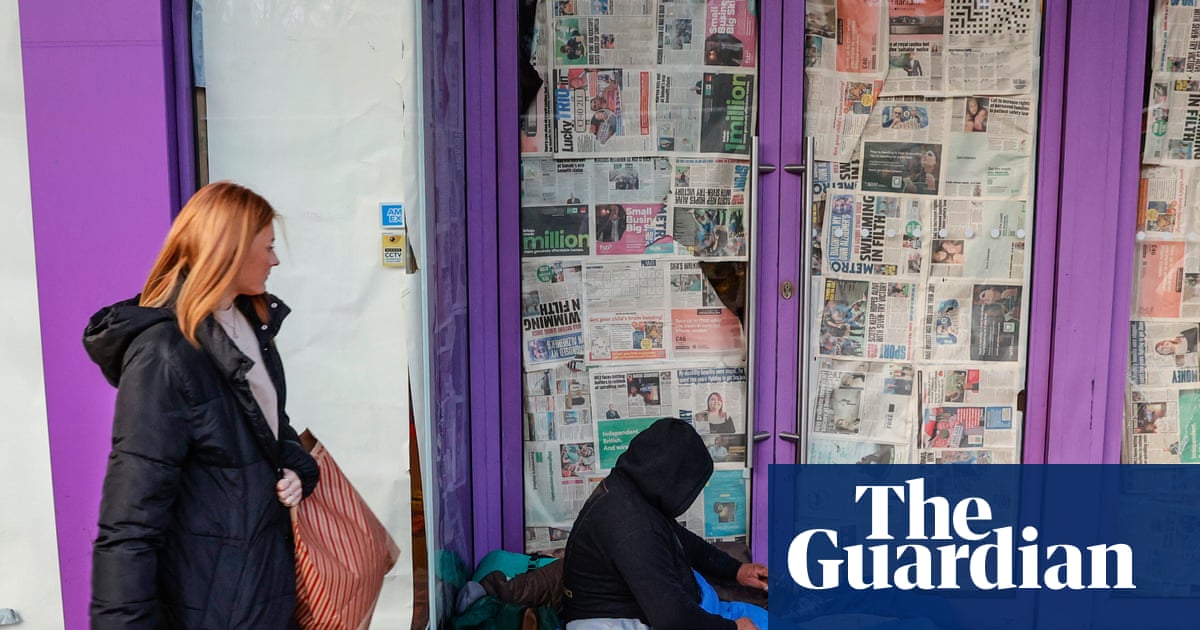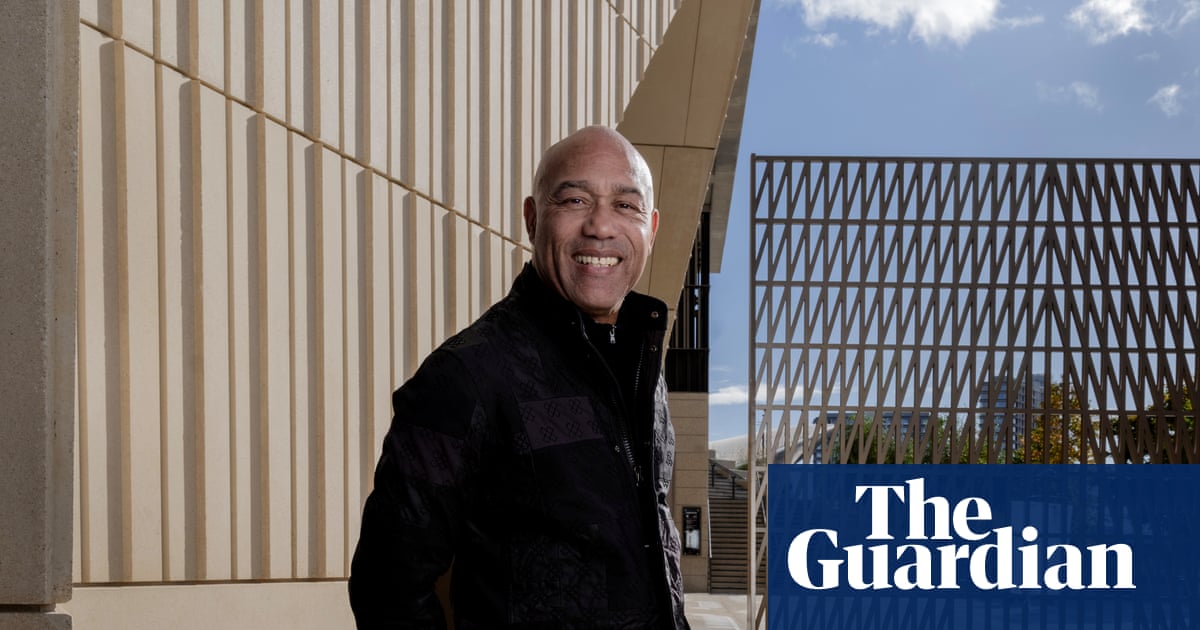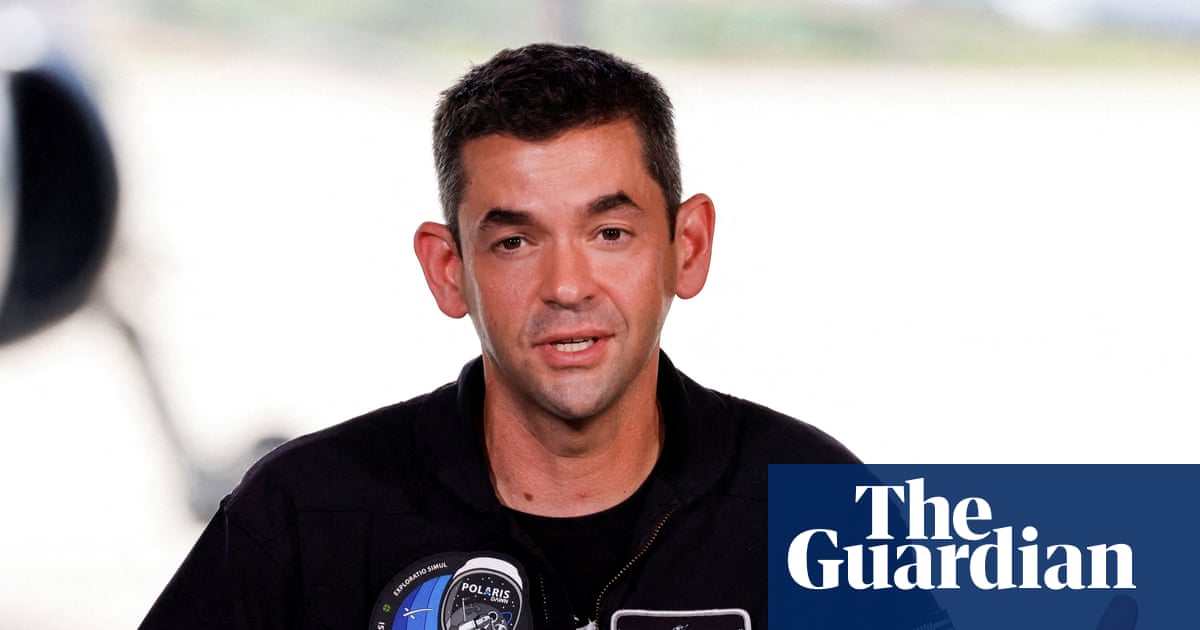Police chiefs have been left stunned after the high court ruled officers were wrong to wear their uniforms to take part in last year’s Pride festival in Newcastle.
The judgment found that the chief constable of Northumbria acted “irrationally” and breached a duty of impartiality by officially supporting the event, which was alleged to have supported views that people could change their gender.
The ruling followed a case brought by a woman who objected to uniformed officers taking part to represent their force, which covers Newcastle.
The claimant, Linzi Smith, is a gender-critical lesbian who believes sex is immutable. She alleged the event supported an ideology that gender can be chosen.
The ruling found Vanessa Jardine, the chief constable, was wrong to allow uniformed officers to take part, marching in uniform bearing Pride flags and painting a police van in colours supporting the event.
The judgment listed slogans displayed during the march, which police did not dispute.
These included: “From the river to the sea, Palestine will be free”, “Toute le monde deteste la police”, “Northumbria police, off our Pride”, “Intifada don’t deny it, Stonewall was a fucking riot” and “Queers for free Palestine”.
Nationally, police chiefs are rushing to understand the judgment and its potential scope. One police source spoke of hearing concerns that forces could not be officially represented at Remembrance parades, events in support of the armed services, or community and religious celebrations, if anyone could object.
However, another said the ruling was “absolutely right”, adding: “If you are in uniform, you are on duty … to police without fear or favour.”
In his judgment, Mr Justice Linden wrote: “The claimant describes herself as a lesbian who is ‘gender critical’. She believes that a person’s sex is an immutable characteristic and that ‘gender ideology’, which recognises a person’s gender identity, is ‘wrong and dangerous’.
“Her evidence is that gender ideology has been embraced by the organisers of the event … and was supported by many of the participants in the event, who also strongly oppose gender-critical beliefs.
“She objects to what she sees as the force and/or members of the force associating themselves with the views of supporters of gender ideology and transgender activists by actively participating in the event.”
The judge made clear he was not ruling on the merits of the highly charged transgender debate, but whether a body could officially support a disputed cause without breaching a duty of impartiality it was legally bound to observe.
The case was supported by a group called Fair Cop, which alleges policing is blighted by excessive political correctness and was founded by Harry Miller, a former officer.
In his witness statement, Miller said the chief constable “marched in the immediate proximity of those carrying the flags and emblems clearly associated with the gender ideologists’ cause”.
He added that banners saying “Trans women are women” and “Trans rights are human rights”, plus “the intersectional flag and the blue, pink and white transgender pride flag” signalled a political association “in a similar way to how someone shouting ‘build a wall’ or ‘make America great again’ signals an association with Donald Trump”.
after newsletter promotion
Reaching his decision, the judge said of the chief constable: “Her participation in the march was likely to be seen, and may well have been intended to be seen, as expressing the support of the head of the force for the views and the cause which the march sought to promote, and therefore as indicating the position or perspective of the force as an organisation.”
The judge said all the force’s actions at the event gave “the impression that the force as a whole was associating itself with a particular viewpoint and, as far as gender-critical people were concerned, taking sides.”
Linzi Smith said: “It is terrifying to live in a community where the police have abandoned their duty of impartiality and embraced a highly controversial political cause. I’ve experienced firsthand what happens when the police forget their duty of impartiality. I posted some gender-critical tweets, and Northumbria Police launched an investigation into my conduct – but when I received appalling homophobic abuse as a lesbian, they did absolutely nothing.”
Northumbria police said: “We recognise not all communities share the same level of confidence in policing for a variety of reasons. We want to ensure everyone knows that we are absolutely here for them when they need us.
“Part of that is us being visible in those communities and playing an active part in our force area. Throughout the year, we will have an important role to play in a variety of events, including parades and festivals.
“During these events, while our primary aim is to keep people safe, it also provides us with an opportunity to engage with people, including those who may have less confidence in policing.
“It is vitally important they feel supported and we continue to build their trust in us.”
Smith’s lawyer, Paul Conrathe, said the judgment may have repercussions for other bodies with a duty of impartiality, such as the BBC, “if they align themselves with a controversial cause”.

 3 months ago
136
3 months ago
136

















































